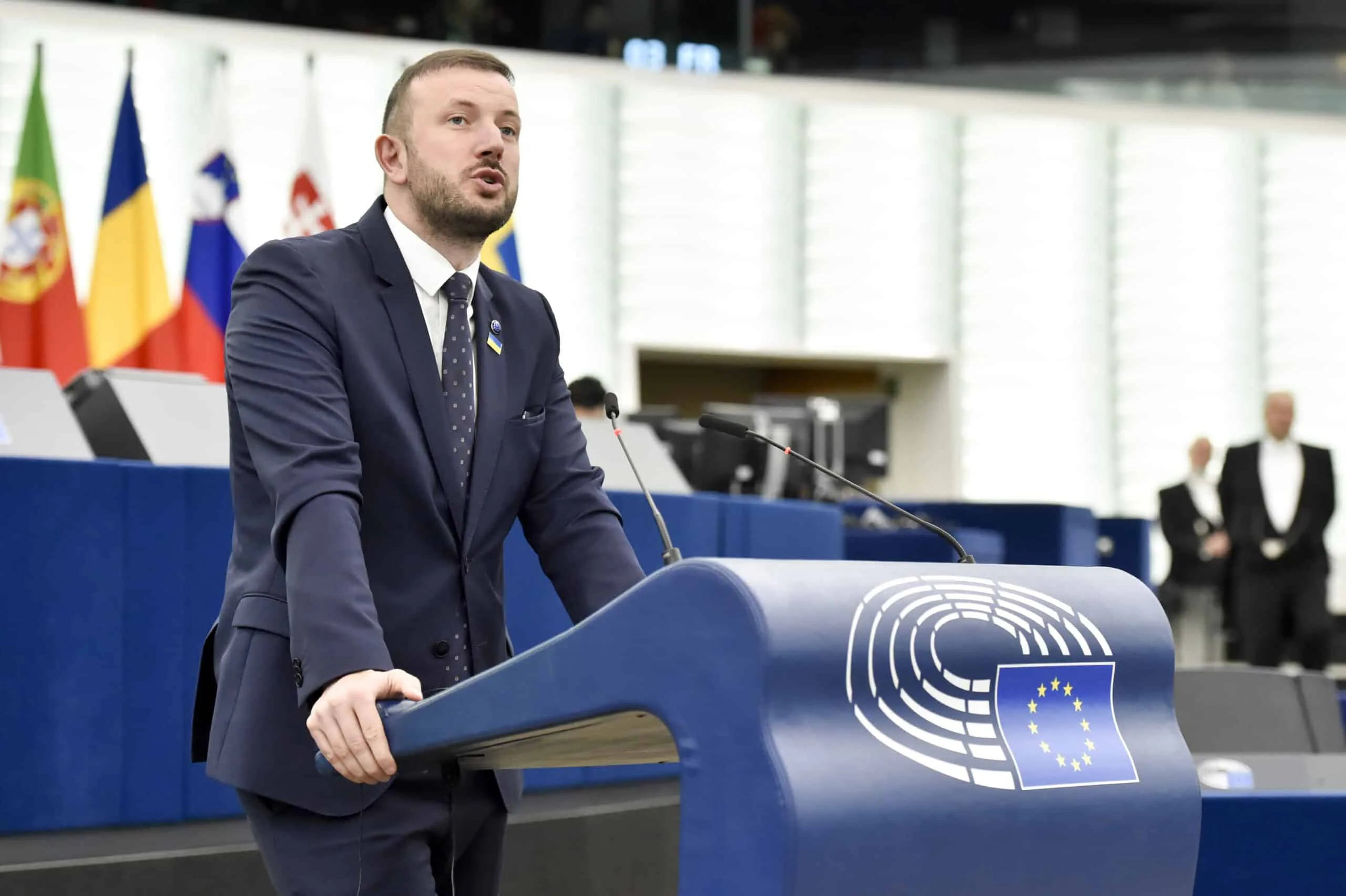Brussels – The stalemate among member countries over the final approval of the first EU law to restore nature has not been overcome. The regulation setting the ambitious goal of restoring at least 20 percent of European lands and seas to their original state within the decade is one of the cornerstones of the Green Deal; it has also become one of its thorns in the side. Each step in the legislative process has seen harsher tones and media attention and passed with slim majorities.
The law is now just a few steps away from the finish line, following the inter-institutional agreement in November, the green light from the permanent representatives of the EU states, and the formal approval of the final text by the European Parliament on February 26: that effectively closed the door on any further corrections to the regulation.
But the final step is the formal approval by the ministers of the 27 Member States, to be obtained through a qualified majority of 15 member states representing at least 65 percent of the European population: this is where the final attack from national governments is taking place: Sweden, Italy, and the Netherlands continue to strenuously oppose the law, while Finland, Poland, Belgium, Austria, and Hungary are abstaining. The last sudden call out of Budapest was enough to put everything back on the table. Today (March 25), the Belgian presidency of the EU Council added an update on the dossier to the miscellaneous items at the meeting of EU environment ministers to sound out the chances of a desperate attempt at approval before the end of the legislature.
But States that do not approve of the targets under the law are firm on their positions. According to Vannia Gava, Italy’s deputy minister for the Environment and Energy Security, the final agreement “is not satisfactory” for Italy. The agricultural sector must be “protected” and “cannot accept additional loads and administrative burdens.” Gava urged her colleagues to “take time for further reflection,” with the only problem being that there is little time. And that the text can no longer be amended, barring an unprecedented coup de grâce with the colegislators of the European Parliament.
The only way forward for the Belgian presidency – and for EU Environment Commissioner Virginijus Sinkevicius, who has been working on the law for more than two years – is trying to convince reticent governments that the final compromise already addresses all the concerns raised by EU countries. Starting with Budapest. Hungary’s Minister of Environmental Affairs, Anikó Raisz, makes it a question of national “subsidiarity and sovereignty.” “In Hungary already today, about one third of the territory is in a state of nature protection. Everything can be done at the national level,” he told the Council. As well as “concerns related to the cost of implementation.”

The EU commissioner is on a rampage: “I cannot avoid expressing my deep regret. The current stalemate raises serious questions about the coherence and stability of EU decision-making,” he said during a press conference on the sidelines of the meeting. Because – particularly on the Green Deal files – attacks by member states on files already approved in the negotiations are becoming the practice. But that’s not all: Sinkevicius warned that the scuttling of the Nature Restoration law “puts at stake the international reputation of the EU.” After playing the leading role in international fora, it risks going “empty-handed” to Cop16, to be held in Colombia next fall.
Sinkevicius also emphasized that the agreement is already the result of compromises with national governments, a “very balanced” agreement that “allows the flexibility that member states have asked for and includes a phased approach” to meeting targets. For example, given the concerns of both co-legislators about the effects of the food safety regulation, the final agreement provided for an ’emergency brake’ by setting 2033 as the date for the Commission to review and assess the implementation of the regulation and its impact on the agriculture, fisheries, and forestry sectors, as well as its broader socioeconomic effects. It also introduced the possibility of suspending the implementation of the regulation’s provisions related to agricultural ecosystems for up to one year through an implementing act in case of “unforeseeable and exceptional events beyond the control of the EU and with serious Community-wide consequences for food security.”
The Belgian Presidency, troubled and in the awkward situation of having to try to finalize a file that its own government does not support, acknowledged that “at this time, we do not have enough support to confirm the text.” “This is certainly not the end of the road,” Alain Maron, Minister of Climate Transition, Environment, Energy, Cleanliness, Participatory Democracy, Health and Social Action of the Government of the Brussels-Capital Region, however assured. “The presidency will work hard in the coming weeks to find possible ways out of this impasse and put the dossier on the agenda for adoption in another Council.” After all, “we are not far from a qualified majority.” No, all that is missing is a capital city: be it Rome or Budapest, or, why not, Brussels.
English version by the Translation Service of Withub





